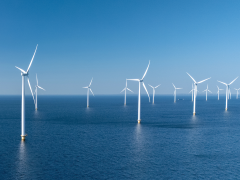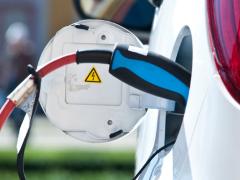Use and effectiveness of economic instruments in the decarbonisation of passenger cars
The European Commission aims at a 60% reduction in CO2 emissions from transport by 2050 compared to 1990 levels. The Commission stresses that the decarbonisation of the transport sector depends, firstly, on technology development towards clean and efficient vehicles based on conventional internal combustion engines and, secondly, on the deployment of breakthrough technologies in ultra-low-carbon vehicles. Legislation at European level could be supported by additional national policies, driving decarbonisation of the passenger car sector even further.
For this study by the European Topic Centre on Air Pollution and Climate Change Mitigation (ETC/ACM), PBL Netherlands Environmental Assessment Agency, Flemish Institute for Technological Research (VITO) and Tilburg University have conducted research into the effects of national taxation on the sale and use of cars. In addition, the advantages and disadvantages of decarbonisation for air quality policy were also considered, as well as the impacts of electric cars, the most frequently named breakthrough technology, on the energy sector.
Authors
Specifications
- Publication title
- Use and effectiveness of economic instruments in the decarbonisation of passenger cars
- Publication date
- 14 December 2012
- Publication type
- Publication
- Product number
- 92755




